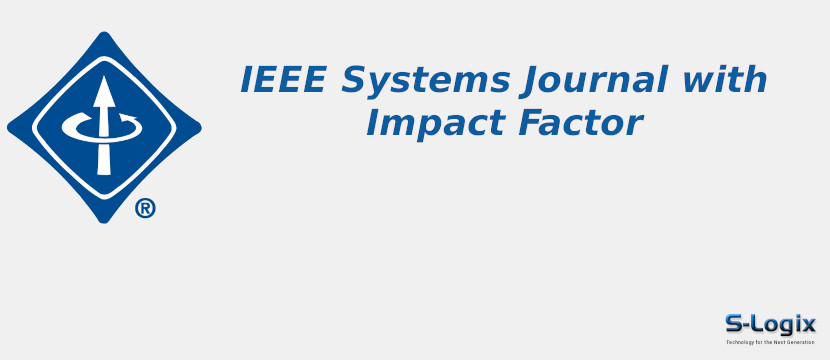Journal Home: Journal Homepage
Editor-in-Chief: Professor Amir G. Aghdam
Print ISSN: 1932-8184
Electronic ISSN: 1937-9234
Abstracting and Indexing: Science Citation Index Expanded, Scopus.
Imapct Factor 2024: 4.4
Subject Area and Category: Computer Sciences, Electronics and Telecommunications, Industrial Engineering, Mathematics
Publication Frequency: Quarterly
H Index: 114
Q1: Computer Networks and Communications
Q2:
Q3:
Q4:
Cite Score: 11.8
SNIP: 1.477
Journal Rank(SJR): 1.276
Latest Articles: Latest Articles in IEEE Systems Journal
Guidelines for Authors: IEEE Systems Journal Author Guidelines
Paper Submissions: Paper Submissions in IEEE Systems Journal
Publisher: IEEE Systems Council
Country: United States
